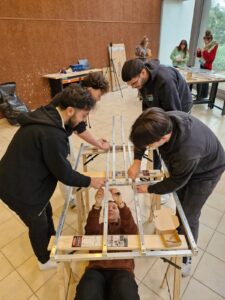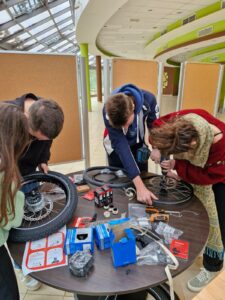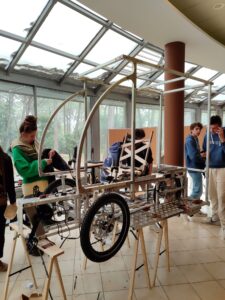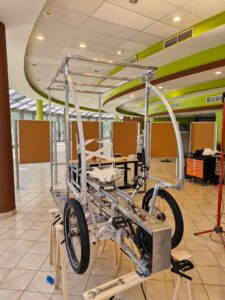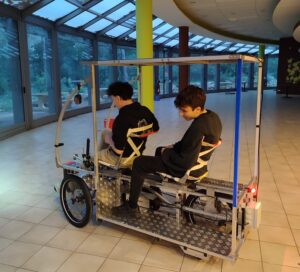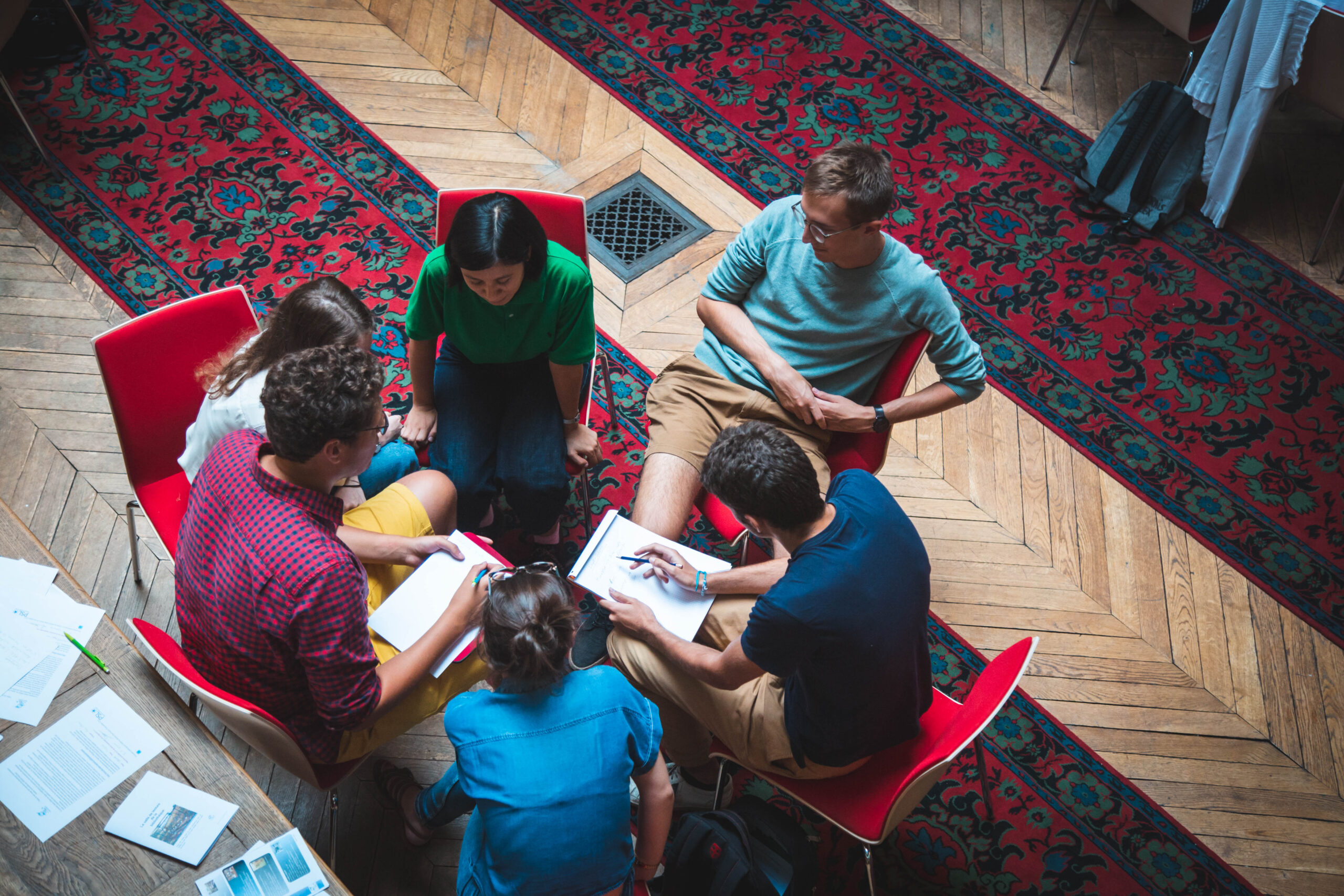Student engineers from Mines Paris – PSL conquer solar mobility with the Vhélio
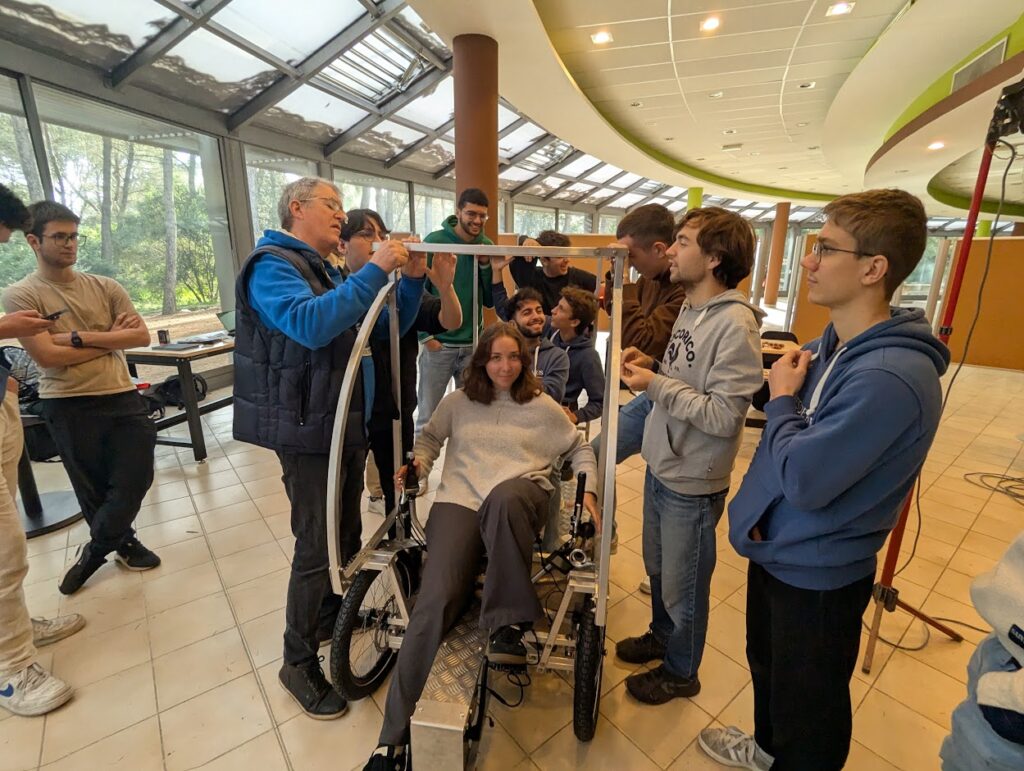
As part of the MIG Solaire program, 17 students from Mines Paris – PSL set themselves an ambitious challenge: to build a Vhéliotech, an open-source electrically-assisted solar vehicle, in just two days. Take a timelapse look at their adventure, and immerse yourself in an innovative project at the heart of the energy transition.


